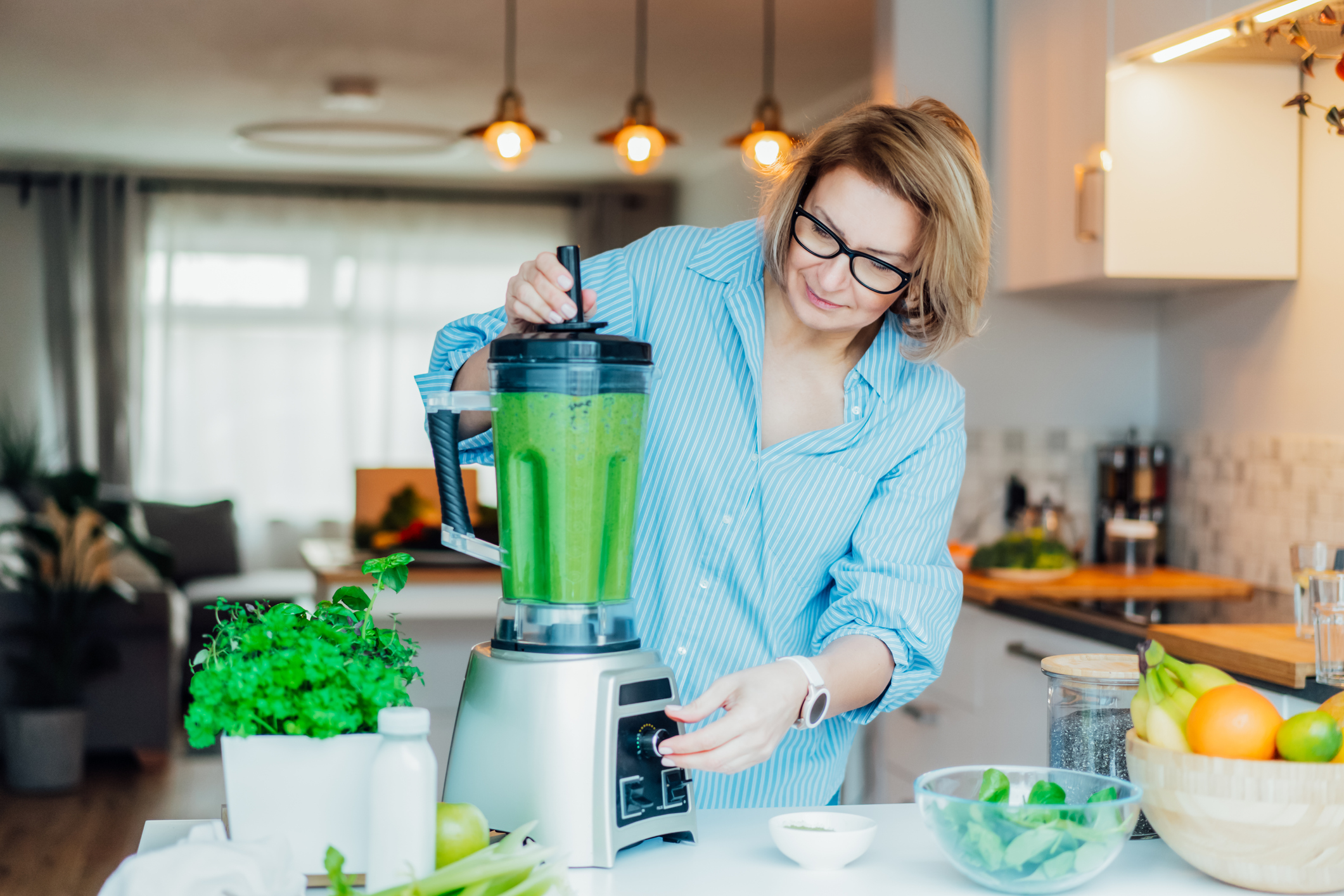

Switching to a plant-based diet is one of the best things you can do for your health.
It’s been found to be effective at everything from overcoming weight problems to reducing the risk of diabetes.
A plant-based diet has even been found to help guard against cancer.
So if you’re a woman, wanting to prevent breast cancer, taking your diet plant-based is the way to go, right?
Well, not so fast…
It turns out that not all plant-based diets are equal when it comes to warding off breast cancer.
It’s all about choices
While the ability of plant-based diets to keep cancer at bay has garnered a lot of press over the last few years, few of the studies that have made headlines have focused on the quality of the food choices in the diet.
In other words, there are lots of foods that can be considered plant-based, but are they really good for you?
For example, you can eat plant-based and choose between fresh veggies or a bag of chips. But you can’t expect the two to have the same effect on your health.
So scientists at Paris-Saclay University in France decided to dig deeper into how much making the right plant-based choices matter.
The team followed 65,574 postmenopausal women in France from 1993 to 2014, using self-reported food questionnaires to classify them into groups based on their adherence to a mostly plant or animal diet.
It’s important to note that the plant-based diets did not exclude meat. They simply consisted of more plant than animal products. (In fact, past research has shown that consuming white meats, like chicken, actually lowers your breast cancer risk.)
From there, the researchers grouped the women based on how healthy their plant-based diets really were.
And the results were clear…
Healthy plant-based and not so much
If you want to avoid breast cancer, a plant-based diet alone isn’t enough. You have to make good choices within that diet…
“Results suggest that the best plant-based diet for breast cancer prevention could be a healthy plant-based diet comprising fruit, vegetables, whole grains, nuts, and legumes,” said Sanam Shah, MBBS, FCPS, MPH, the lead author of new study.
The worst?
“In contrast, an unhealthy plant-based diet comprising higher intakes of primarily processed products of plant origin, such as refined grains, fruit juices, sweets, desserts, and potatoes, would be worse for breast cancer prevention.”
In other words, women who ate their ideal of a healthier plant-based diet, focusing on whole plant foods, had a 14 percent lower risk than average of developing breast cancer.
But those who ate refined or processed plant-based products (think ultra-processed plant-based burgers), and foods high in sugars and carbs, had a whopping 20 percent greater risk of developing the disease.
The researchers also suggested avoiding nutritional deficiencies in iron, zinc, calcium, and vitamin B12.
They made no mention of vitamin D, though studies have shown it can make an impact on the reduction of some cancers up to 38 percent.
Sources:
For Cancer Prevention, Not All Plant-Based Diets Are Equal – Medscape